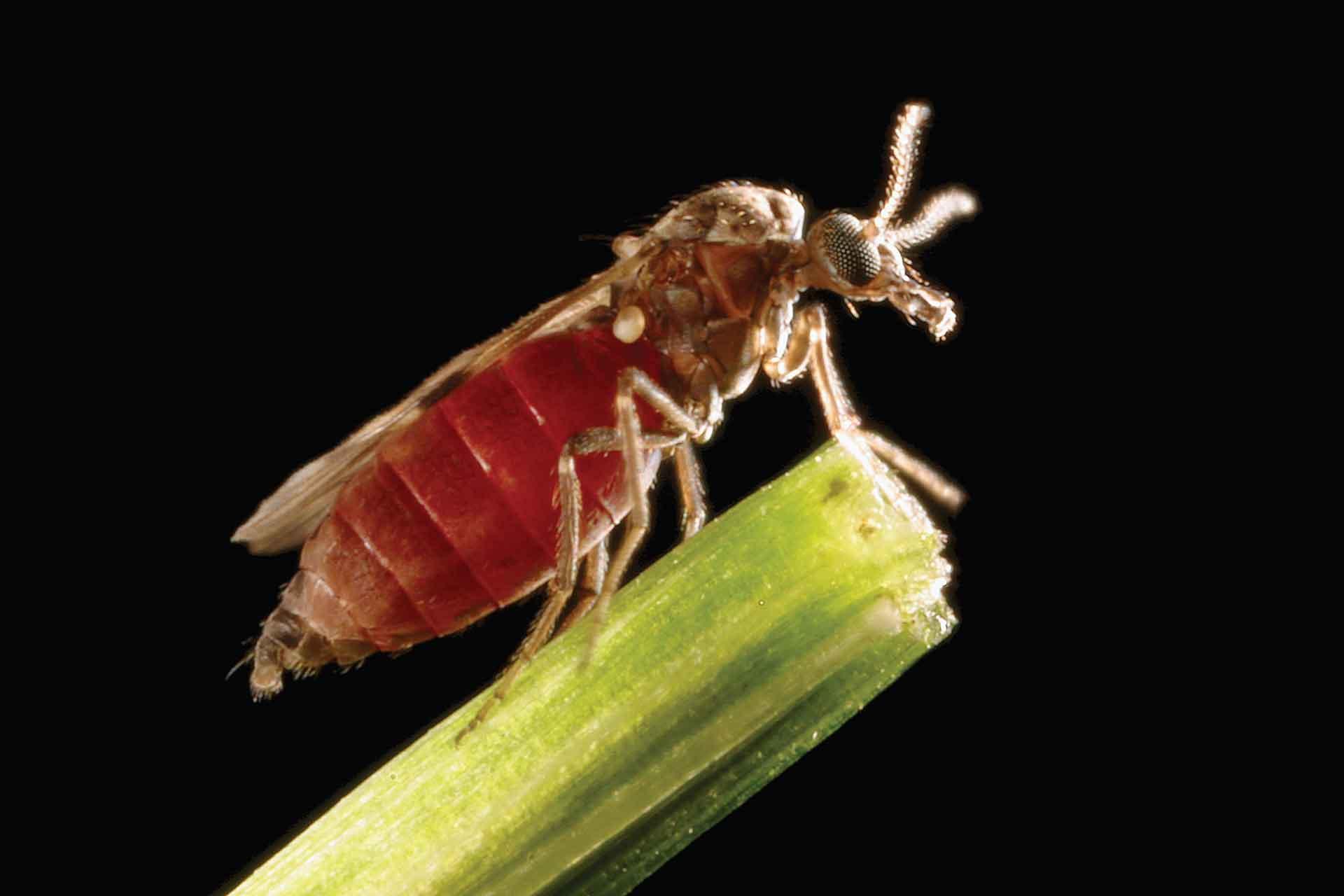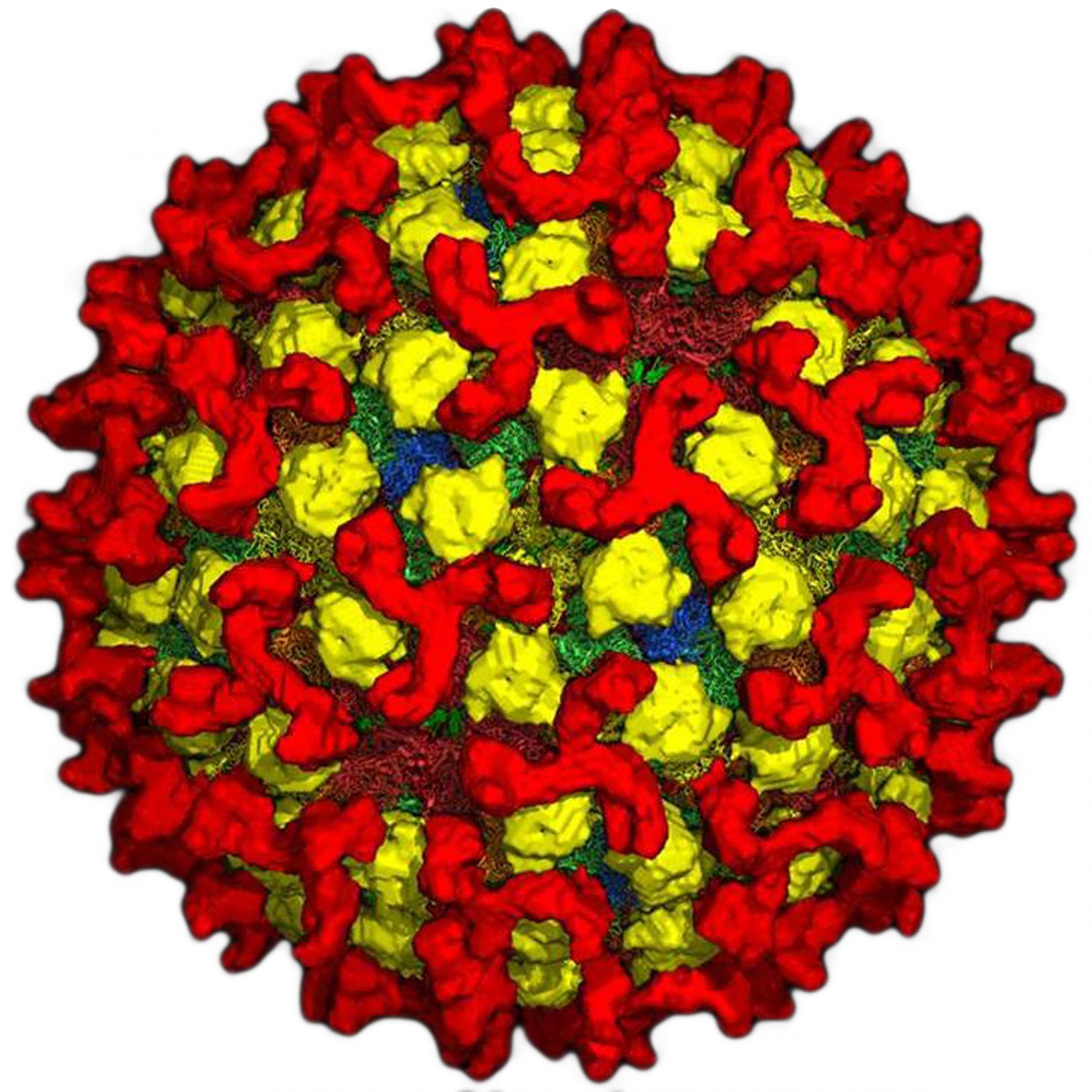The Pirbright Institute has begun testing for bluetongue virus (BTV) following a single reported case in Norfolk.
The UK Deputy Chief Veterinary Officer confirmed a case of bluetongue virus BTV3 in a single sheep at a premises near Haddiscoe, the first case detected in the 2024/25 midge season.
Bluetongue virus infects wild and domestic ruminants, and causes the severe haemorrhagic disease, bluetongue (BT). It is predominantly spread between ruminants through the bites of tiny infected Culicoides midges found in huge numbers on most farms.
Pirbright helps the UK respond to BTV by screening ruminant blood samples to detect BTV infection and identify the responsible BTV serotype and its potential origin.
Dr Carrie Batten, the designated World Organisation for Animal Health expert for bluetongue virus, leads Pirbright’s Non-Vesicular Reference Laboratory.
“This first UK case of the 2024/25 season follows a rapid increase in reported BTV3 cases in the Netherlands and Belgium over the past month, and its spread across the Channel was highly likely.
“We are currently preparing to receive surveillance samples from the Norfolk farm and the surrounding area. Working closely with Defra to provide expert advice on the disease, we monitor Culicoides midge activity and use mathematical modelling to predict the spread of BTV and weigh the potential impact of specific control measures.”
Dr Simon Gubbins, Pirbright’s group leader in Transmission Biology, said: “Temperatures in East Anglia have been suitable for onward spread for the past few weeks and will remain so for at least the coming week.”
A 20km temporary control zone (TCZ) has been put in place around the affected farm which will restrict movements of susceptible animals.
Defra says current temperatures and midge activity create a high risk of onward spread in the UK.
“Farmers should continue to monitor their animals frequently for clinical signs and report suspicion of disease immediately, they should also make sure their animals and land are registered with APHA so keepers can be kept informed and animals easily located,” adds the Agency
Further information about The Pirbright Institute’s role in tackling bluetongue virus is available on our website.
The latest information on BTV can be found on the UK Government website




